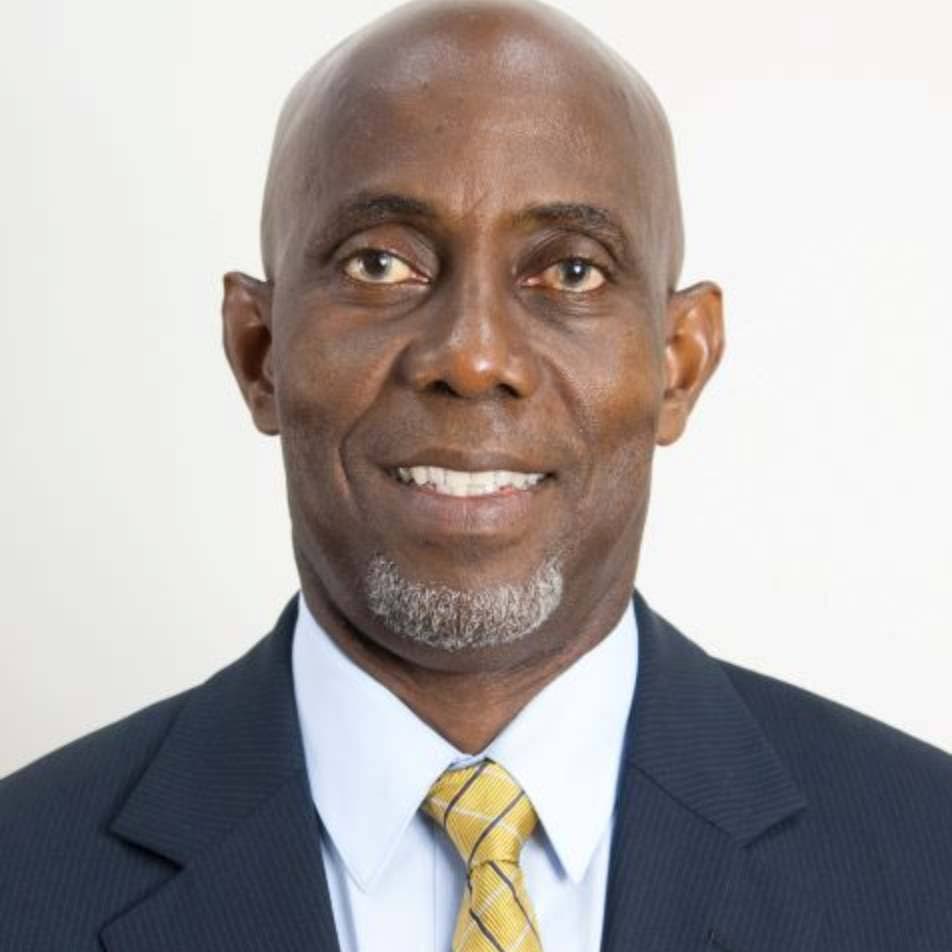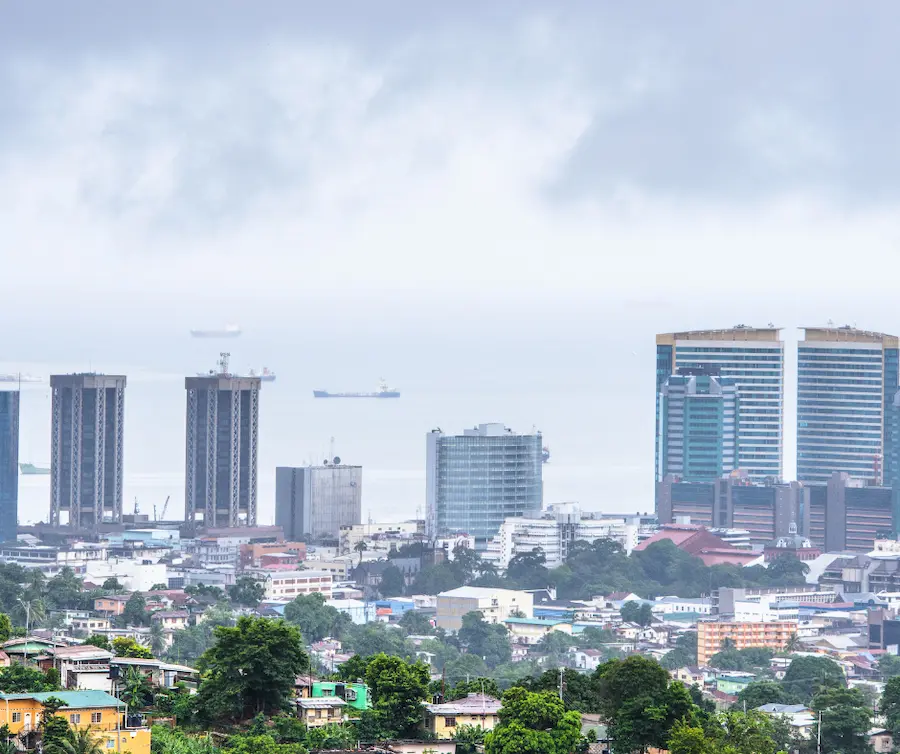Economists on collapsed Venezuelan gas deals – Trinidad and Tobago better hope for gas
 09 April 2025
09 April 2025


ECONOMISTS have described the recent news that the US government has revoked TT’s OFAC licences as “unfortunate but not unexpected,” minutes after the Prime Minister announced it on April 8.
Stuart Young told reporters at Whitehall in Port of Spain the US government had informed him in a letter that OFAC licences which gave TT permission to operate in the Manakin-Cocuina gas field and the more well-known Dragon gas field, were revoked.
Gregory Mc Guire told Newsday this puts TT in a dire position, not just in the short-medium term.
“The fact is we are at a crisis point in TT. The crisis is not just in two years. It is a very heavy existential crisis in terms of the industries that we have here. If we don’t find gas then the economy is going to certainly fold up. It is going to decline. As you know it is the oil and gas industry that keeps the country afloat. It is a very serious situation.
“We may be surprised with someone in their exploration and so on. If God is a Trini and he smiles on us we may come up with two to three trillion cubic feet (tcf).”
>
Vaalmikki Arjoon said the Dragon gas field in particular was pegged to serve as a catalyst for other cross-border gas projects, which would have bolstered LNG and downstream exports such as methanol and ammonia.
“There are significant reserves at the TT-Venezuelan maritime border, from the Gulf of Paria to the Columbus Channel with strong potential for new discoveries,” he said. “Venezuela is not a gas-based economy despite having the ninth largest reserves globally, nor do they nor do they have the infrastructure and financing to monetize this gas.”
He said the fact that Venezuela had no intention to use the gas presented potential for TT to develop those fields.
At its peak, Cypre is expected to deliver around 45,000 barrels of oil equivalent a day, about 250 mscf/d.
However the Dragon gas field according to Arjoon, contained about 4.2tcf, and could have supplied up to 350mmscf/d at its peak production.
“In the last decade, natural gas production fell by 38 per cent due to maturing reservoirs, project delays and slower than expected development of existing fields,” Arjoon said. “We are currently producing on average 2.5 to 2.7 bcf/d, but we need at least 3.5 to 4 bcf/d to meet our local needs for Atlantic LNG, the Point Lisas plants and electricity generation.”
He noted that energy contributes to between 30 and 40 per cent of TT’s GDP and more than 80 per cent of its export revenues, which were critical to foreign exchange earnings.
Victims of geopolitics
Economists said TT, like many other countries, has become a victim of geopolitical shifts.
>
“This is global geopolitics playing out,” Mc Guire said. “This is part of the Donald Trump administration’s agenda. TT is not an isolated case in this. The moves to increase tariffs on everybody, moves against Cuba and other countries – we are not isolated. We are a victim of Trump’s politics.
Arjoon said something similar, noting that the main obstacle in the way of TT accessing Venezuelan gas is the harsh geopolitical environment.
“(It is) a stark reminder of our vulnerability to geopolitical realities beyond our control,” he said. “This situation underscores our vulnerability to the political and economic decisions of global powers. It highlights how important it is that while seeking cross-border projects, we also accelerate proactive measures to reduce our reliance and insulate ourselves from such uncertainties.”

“This involves, for instance, more competitive bid rounds with continued improvements to fiscal terms to attract further multinational investment, leasing smaller fields to local operators, streamlining regulations for faster approvals, incentivising enhanced recovery from declining fields and so on.”
Encouragingly, the last deep-water bid-round awarded three blocks, and it is hoped that the recently launched bid-round offering 26 blocks will be even more successful.
Mc Guire noted that there are several projects that are still ongoing domestically. Last week bpTT confirmed that its Cyper development about 78 km off the TT’s south-eastern coast had safely delivered first gas.
But he said there was no denying that the Dragon gas field is the largest known reserve close to TT’s borders.
“There are only two courses of action – one, continue to lobby the US and see if we can get something, but I doubt that will make sense and two, try our best to encourage the energy companies again to continue exploration efforts so they can produce whatever gas there is in our territory.”
>
He also noted that an administration change could also change the current environment.
Energy chamber: still significant opportunities in TT
The Energy Chamber of TT noted the news of the revoked OFAC licenses also describing the development as disappointing but not unexpected, given the previous cancellation of general and special licences for companies working in Venezuela.
In a post on the chamber’s news letter, Energy Now, the chamber said importation of gas from Venezuela remains a significant economic opportunity.
“It is important that the government of TT continues to engage actively with both the government of the US and Venezuela to find a mechanism to pursue this opportunity,” the chamber said.
“At the same time there are significant opportunities to develop natural gas fields within TT’s economic zone.”
The chamber pointed out fields including the Mento, Coconut, Ginger and Manatee fields that are currently being developed, as well as fields such as the Calypso, Blackjack and Onyx fields where companies are working toward a final investment decision.
“All these opportunities should be pursued to help maintain and increase TT’s upstream gas production”

